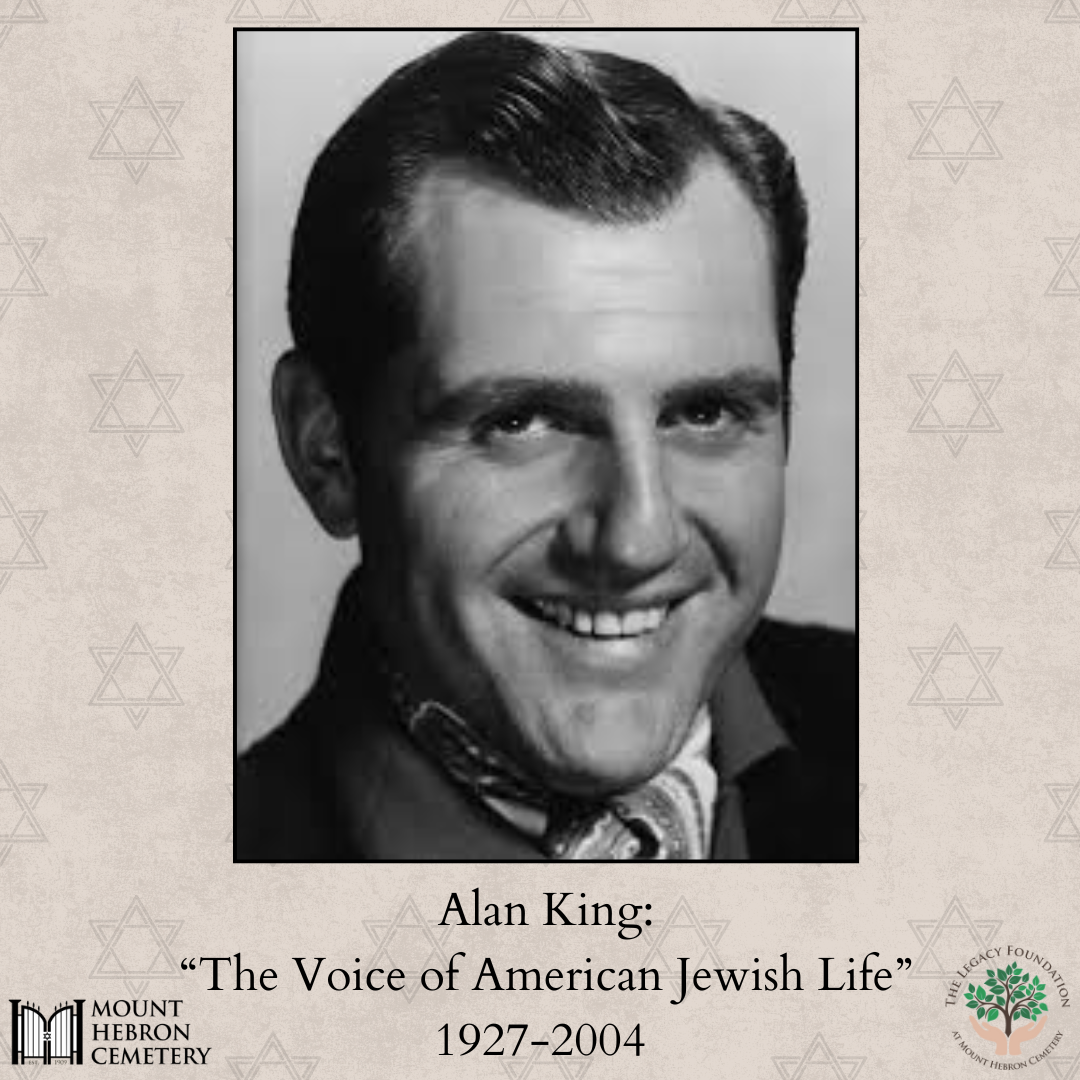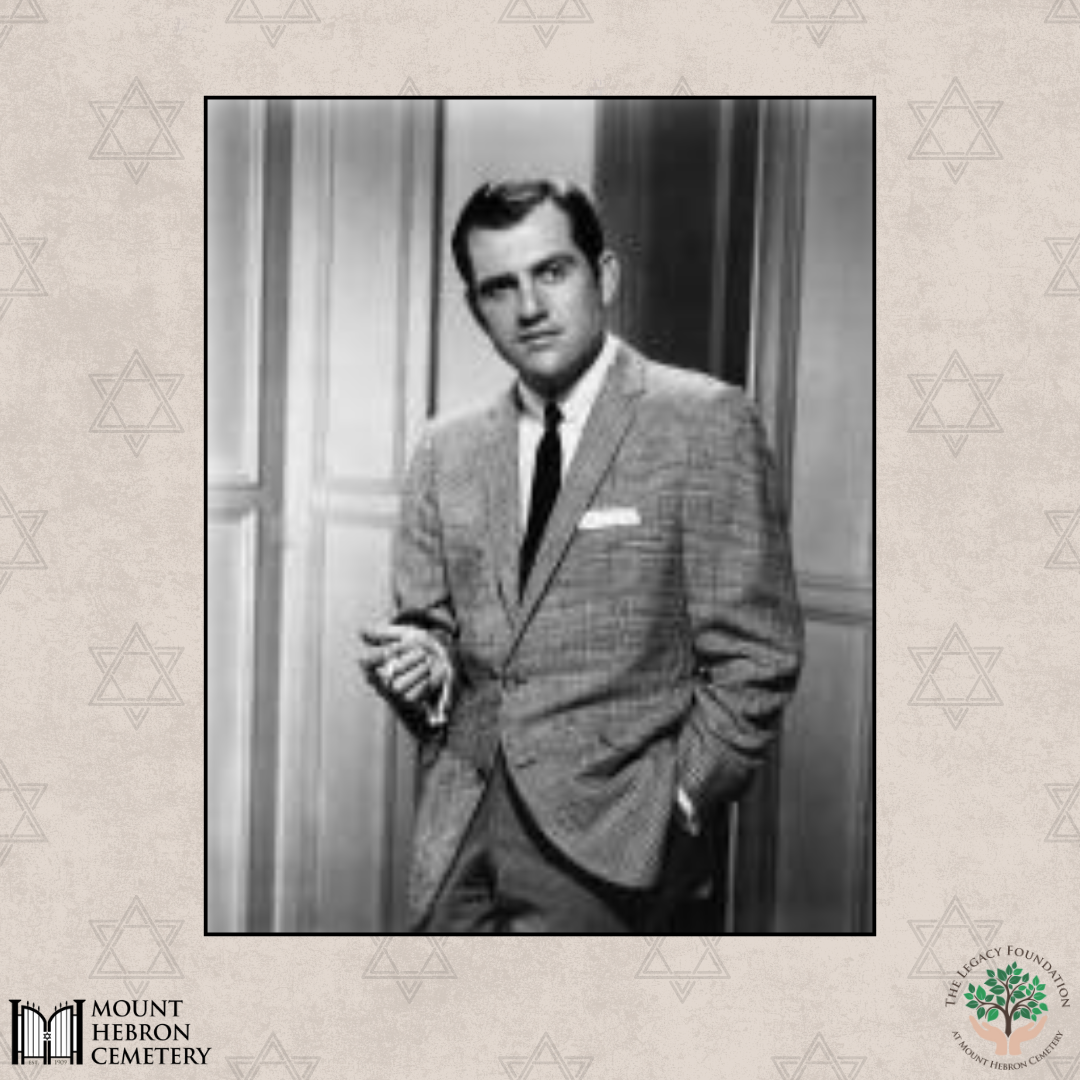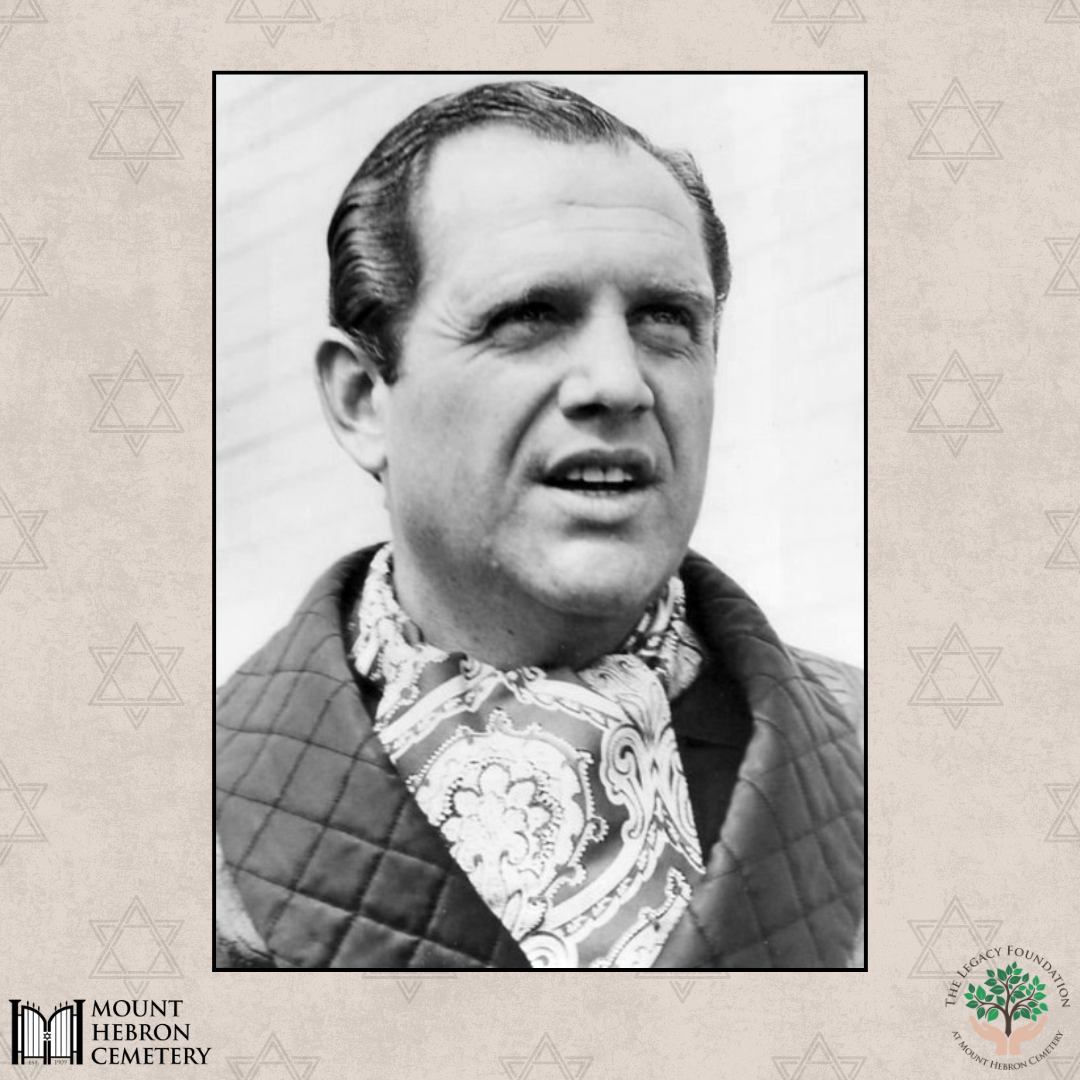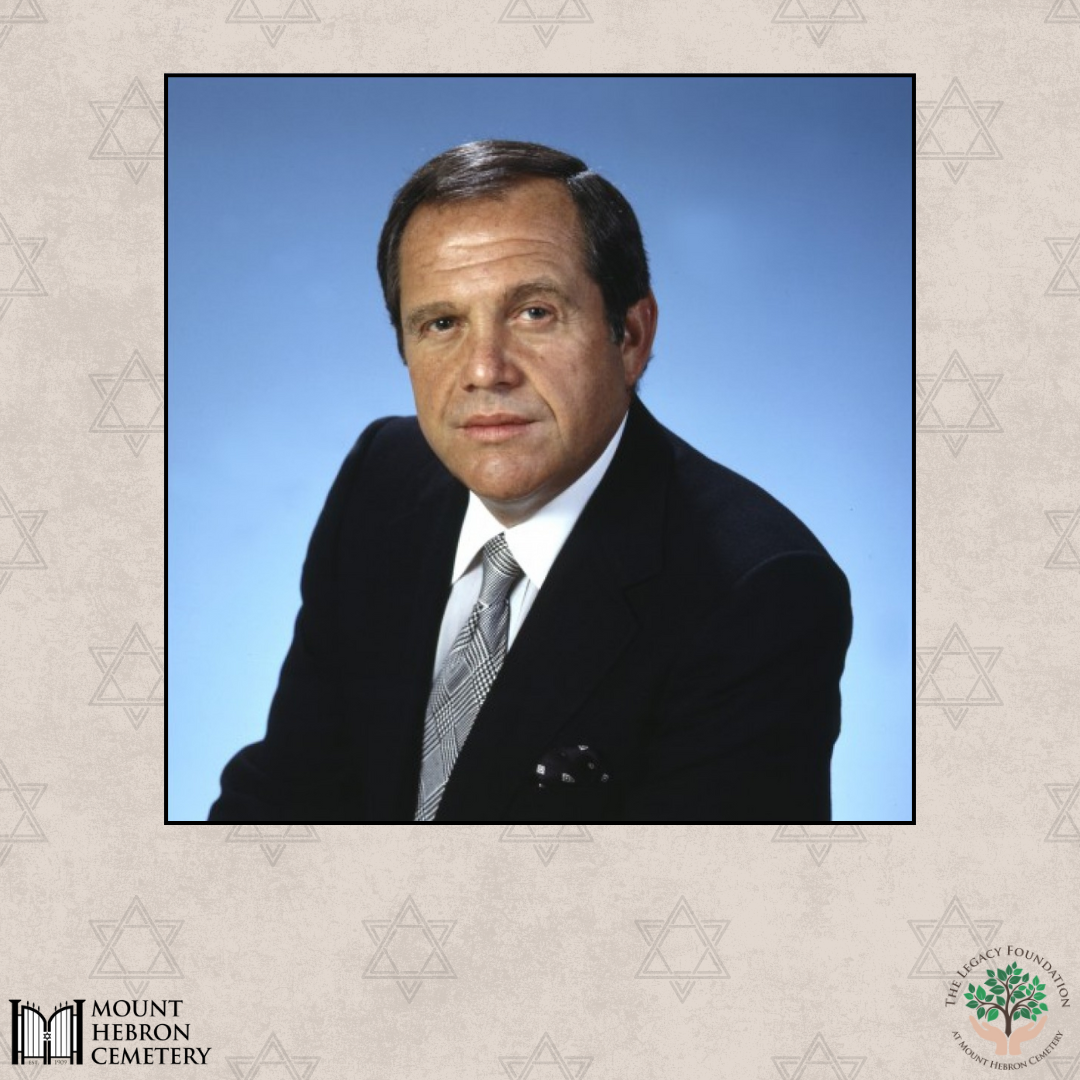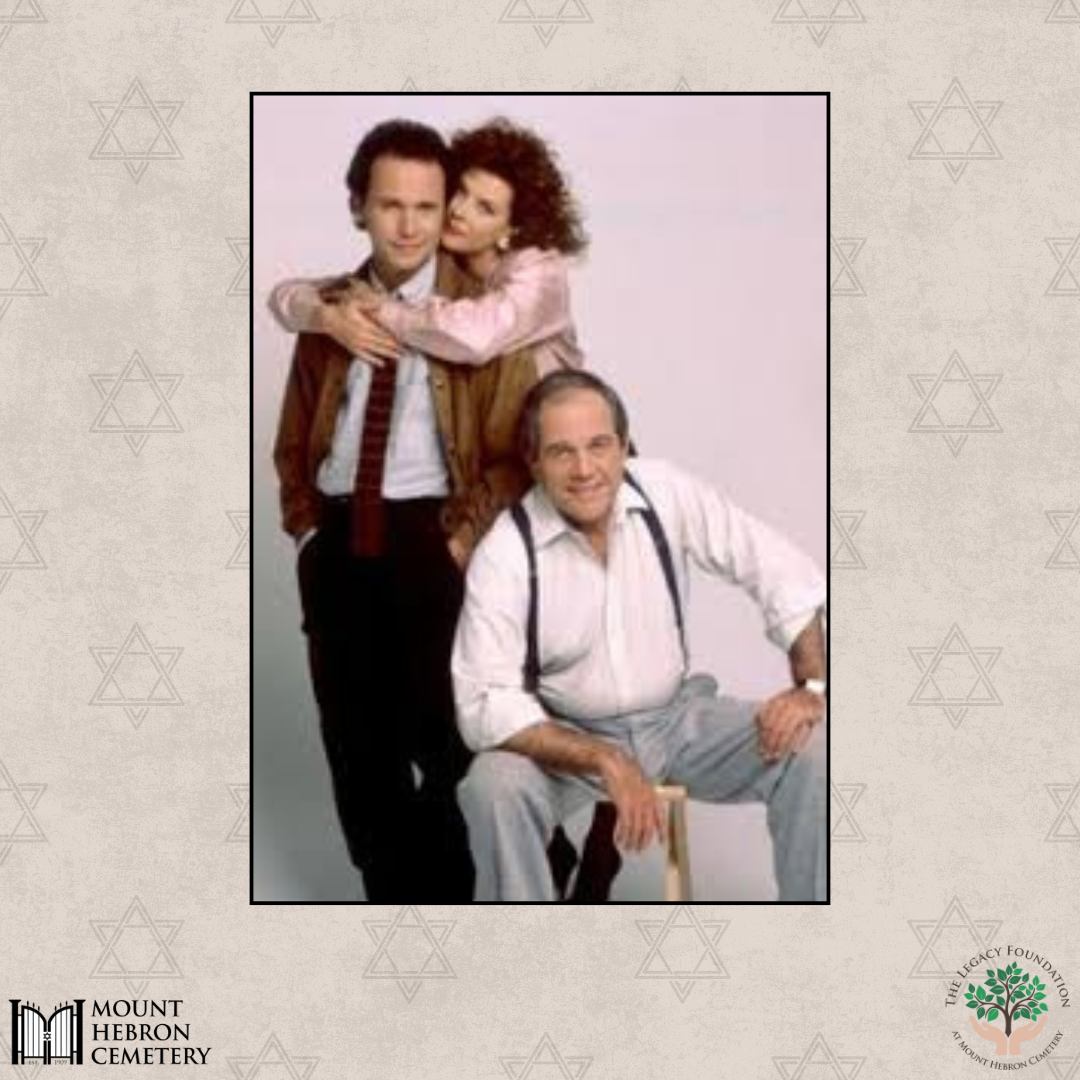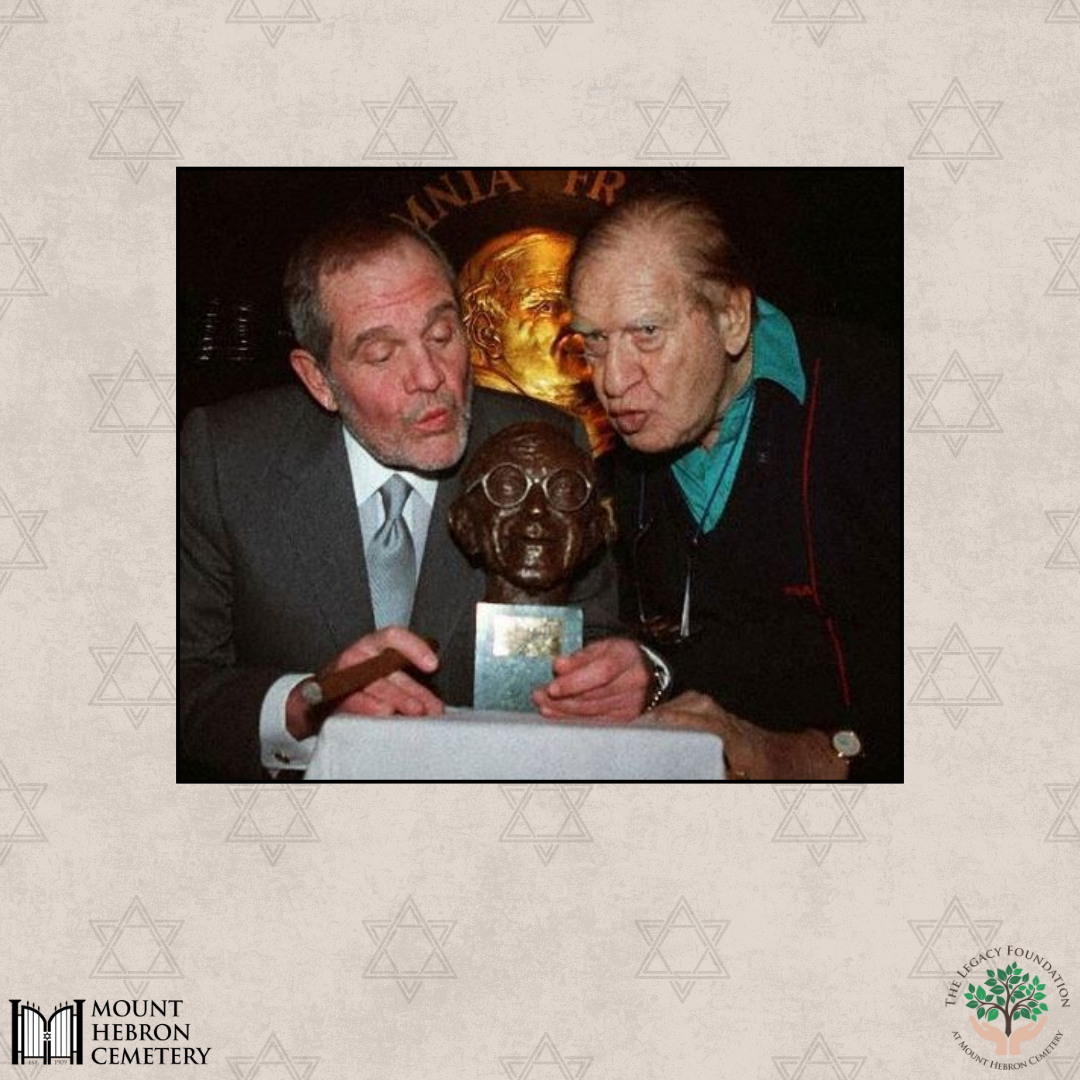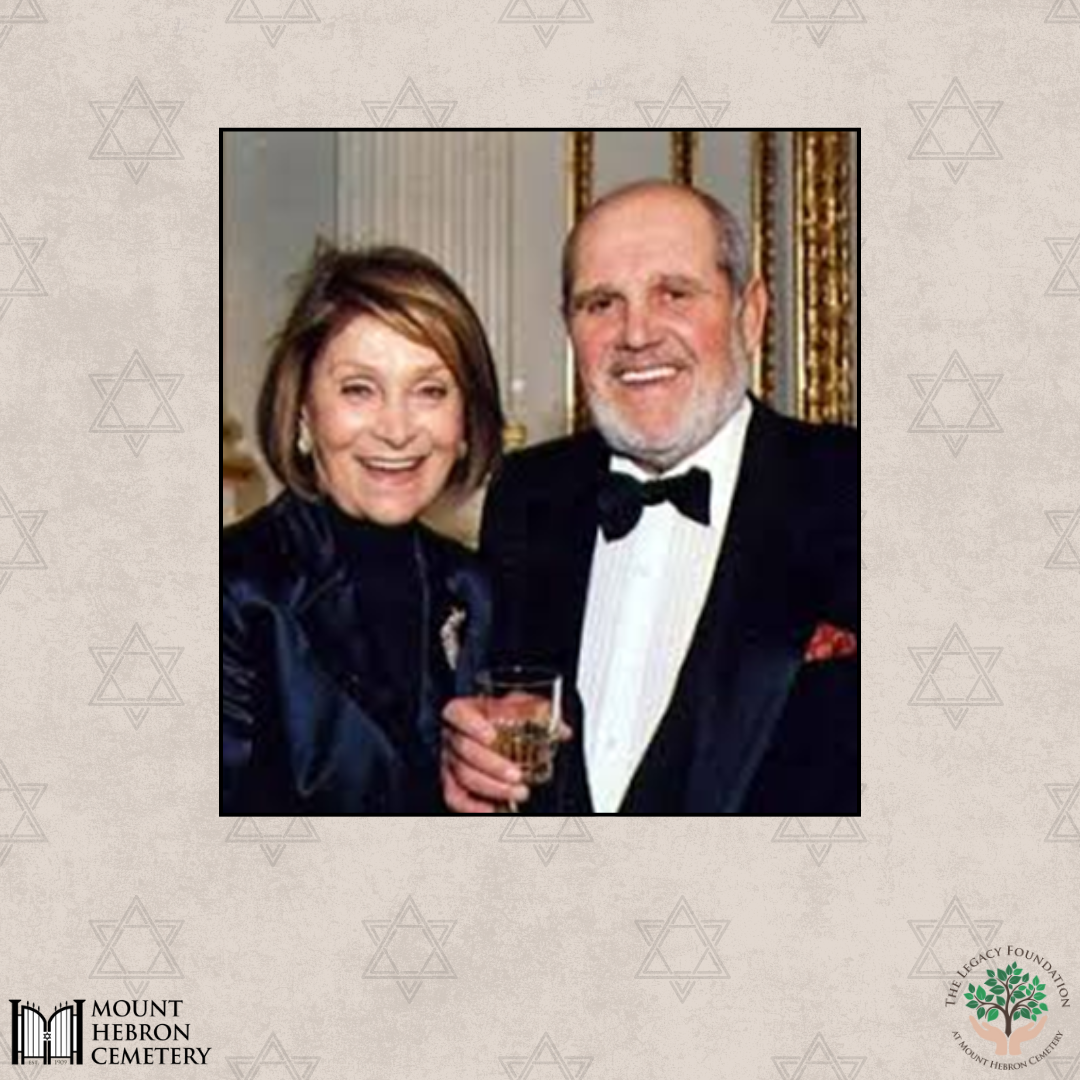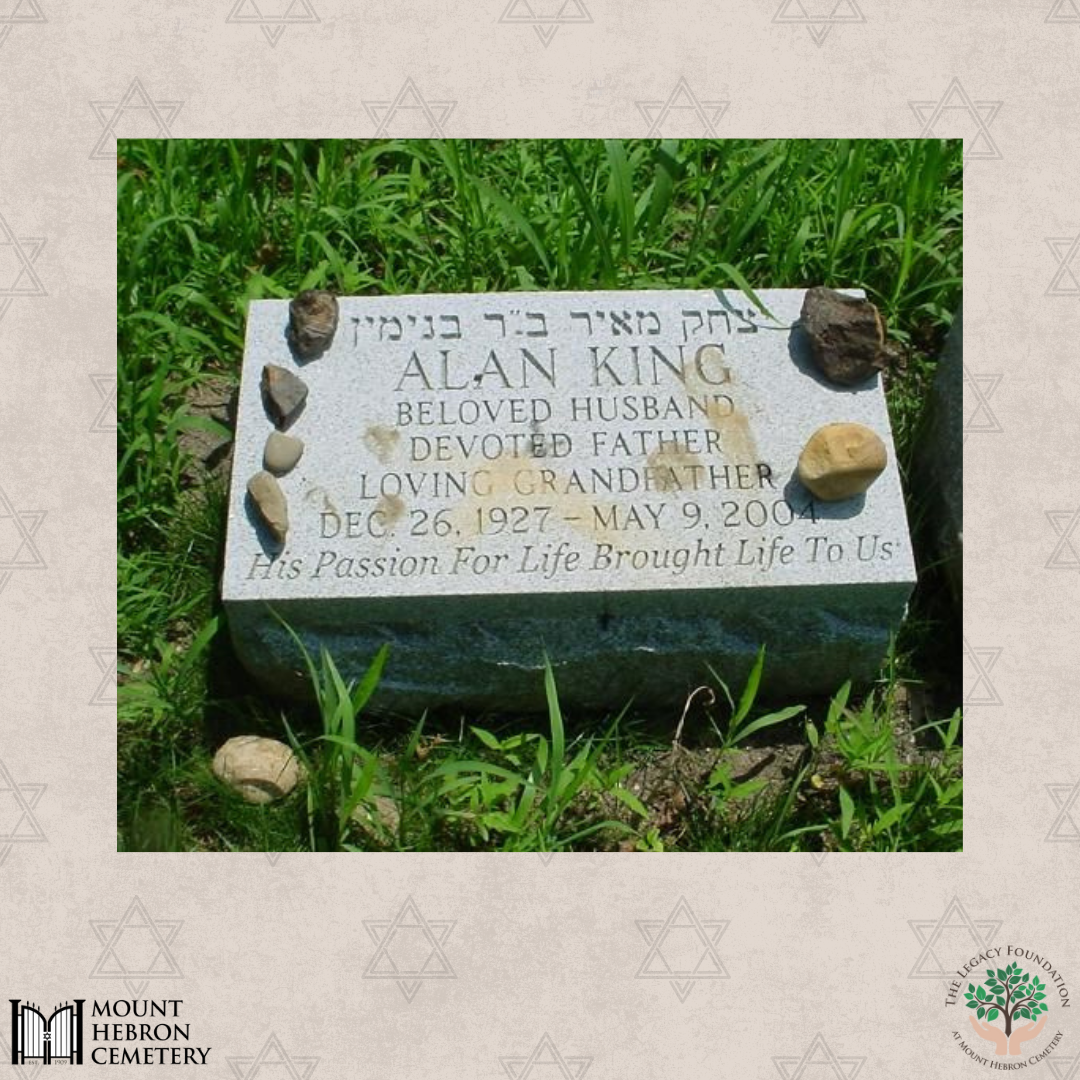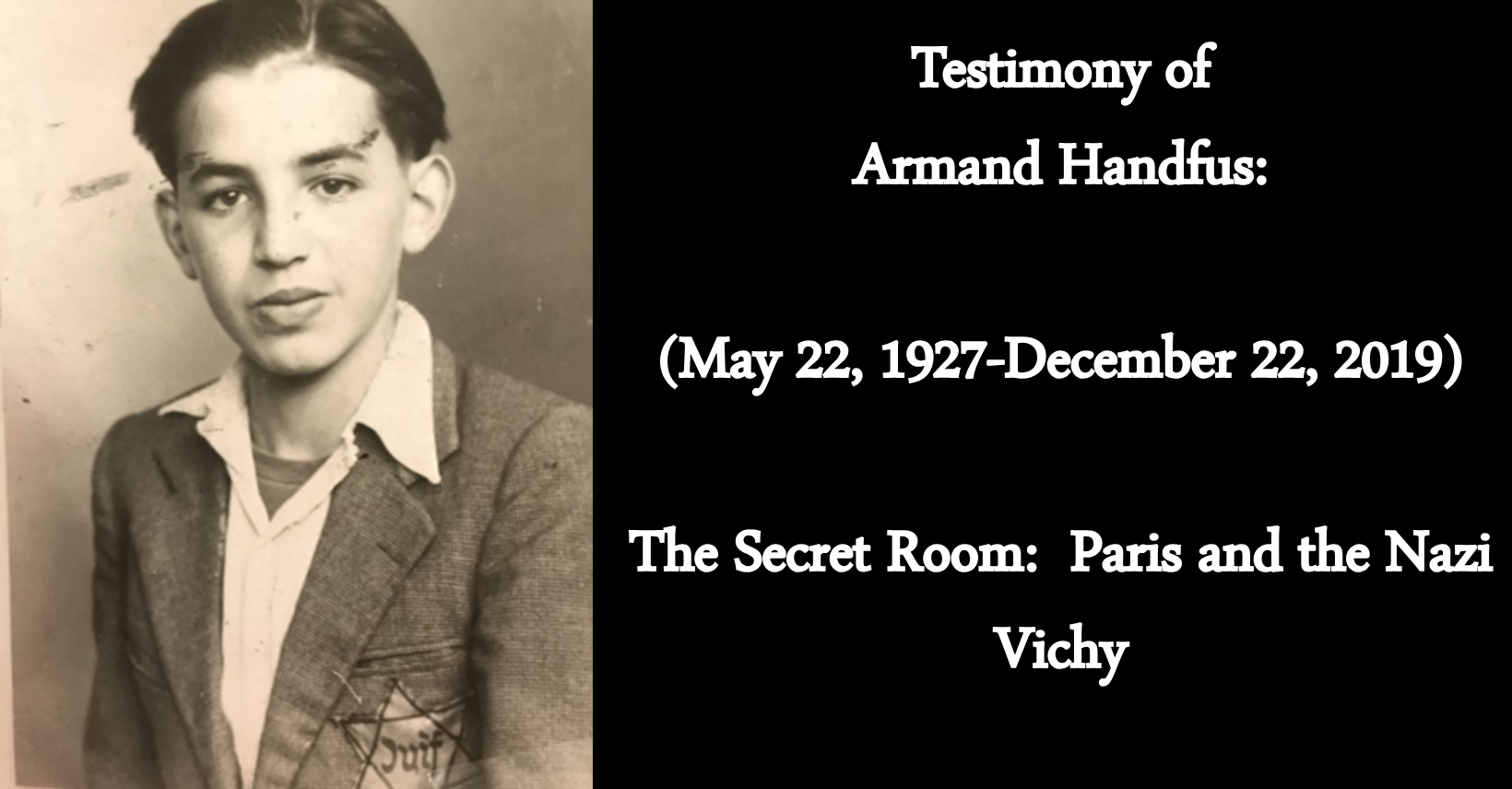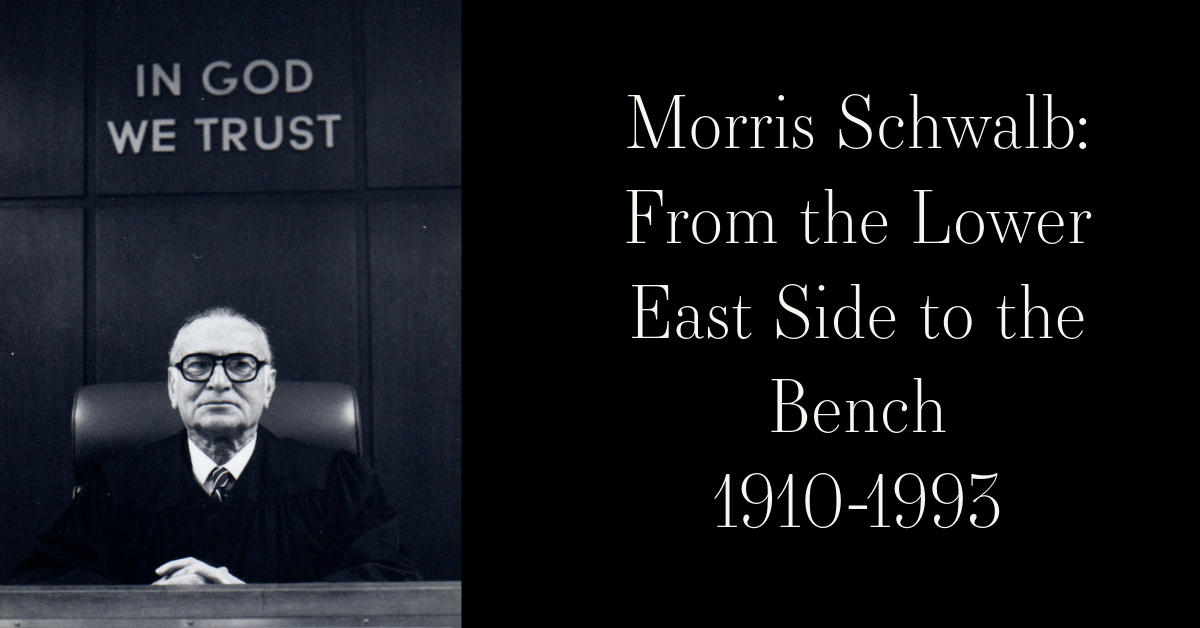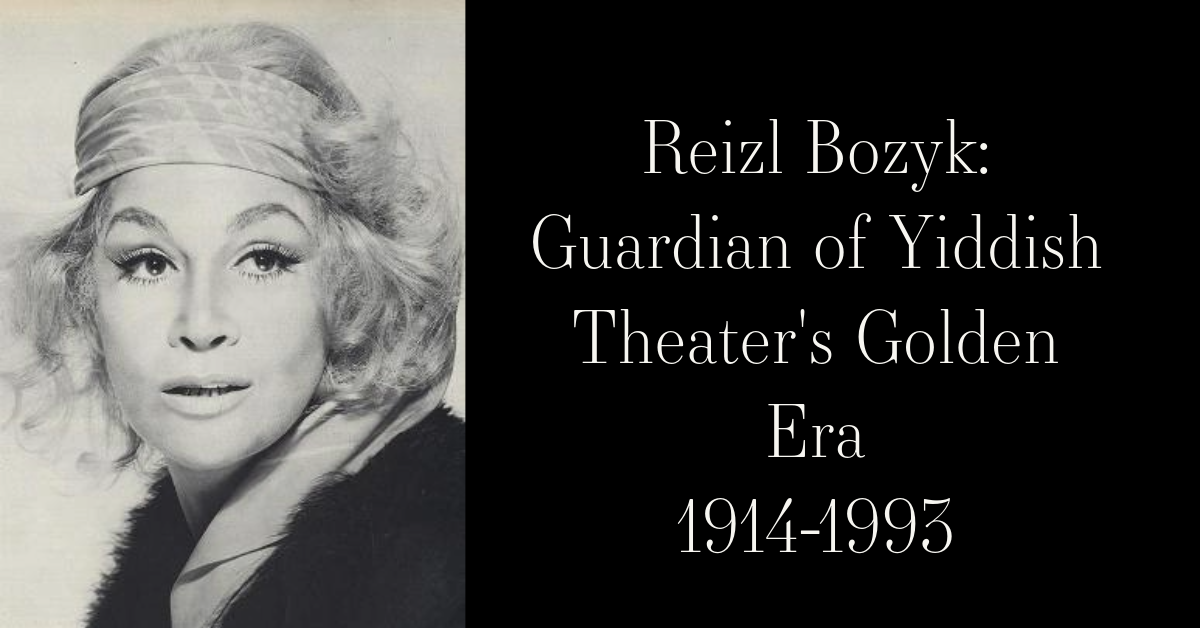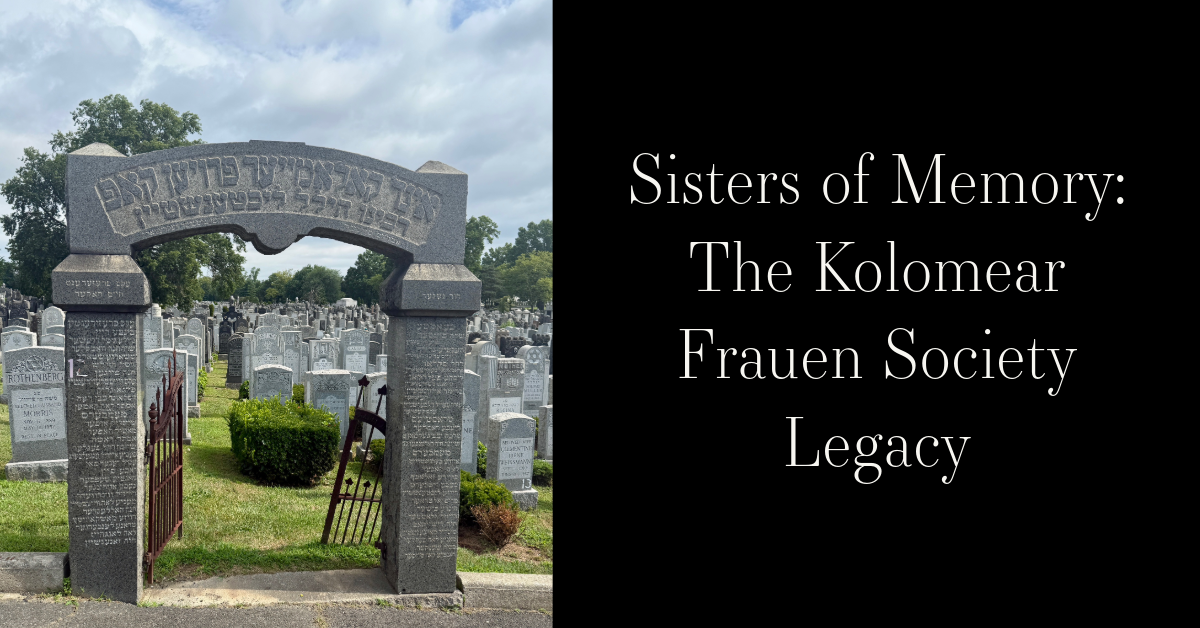Story Summary:
Alan King (born Irwin Alan Kniberg, December 26, 1927-May 9, 2004) was an American comedian, actor, author, and philanthropist whose sharp-witted, observational humor made him one of the most recognizable figures in comedy from the 1950s through the 1990s. Known for his humorous rants and his ability to find comedy in everyday middle-class struggles, King made a lasting mark in stand-up, television, film, and literature. Beyond entertainment, he was also a producer, playwright, and devoted philanthropist, contributing to causes that reflected both his Jewish heritage and his personal battles with illness. ~Blog by Jonathan Moskowitz
“Alan King: The Comic Voice of American Jewish Life”
Early Years
King was born in New York City on December 26, 1927, the youngest of eight children in a Jewish immigrant family. His parents, Minnie and Bernard Kniberg, were Russian-born garment workers who moved the family from the Lower East Side of Manhattan to Brooklyn when King was still a child. He grew up in a family environment that fostered his interest in storytelling, but it was the streets of New York that pointed him toward humor. Boys learned to defend themselves early on the mean streets of Brooklyn, and if it was not with their fists, it was with humor, and King had an answer for everything. King discovered his gift for humor in school, often making classmates and teachers laugh with quick comebacks and keen observations. His first performances came in amateur contests, and by his teens, he was working as a “singing waiter” and telling jokes to customers.
Rise To Stardom
In the years after World War II, as millions of Americans moved to the suburbs and embraced new middle-class lifestyles, King’s comedy found its perfect audience. He got his big break in the Catskills during the late 1940s and 1950s, performing at the “Borscht Belt” resorts that catered largely to Jewish vacationers. These resorts became a crucial training ground for comedians like Mel Brooks, Don Rickles, and Joan Rivers, and King was no exception.
Originally a one-liner comic, King transformed his style after being inspired by Danny Thomas. He adopted a conversational, storytelling approach that reflected the era’s shifting tastes in entertainment, as television audiences in the 1950s preferred more natural, relatable humor. His material focused on suburban life, PTA meetings, and country club frustrations—issues that resonated in the booming postwar years, when millions of Americans were navigating the new world of affluence and conformity.
By 1956, King had landed on The Ed Sullivan Show, the most important television showcase of its day, and soon became a regular on The Tonight Show. The rise of television in the 1950s and 1960s gave him an unmatched platform, and his rumpled suit, exasperated style, and everyman observations made him a household name.
Film, Television, and Writing
In addition to stand-up, King built an impressive career in film and television. He made his film debut in Hit the Deck (1955), followed by roles in Bye Bye Braverman (1968) and Sidney Lumet’s The Anderson Tapes (1971), where he starred alongside Sean Connery. His later work included Memories of Me (1988), Martin Scorsese’s Casino (1995), and Rush Hour 2 (2001). Though often cast in supporting roles, King’s presence brought humor and warmth, and he was equally comfortable in dramatic parts.
On television, he hosted the Tony Awards and became famous for emceeing celebrity roasts, where his quick wit made him a natural choice. He also had his own specials and was a familiar face on variety shows. Beyond performing, King wrote several successful books, including Help! I’m a Prisoner in a Chinese Bakery (1964), Name Dropping: The Life and Lies of Alan King (1997), and Is Salami and Eggs Better Than Sex? (1985). These works captured his signature mix of humor, honesty, and satire.
Philanthropy and Later Life
Some kings are less known for their philanthropy and generosity. He founded Alan King Diagnostic Medical Center in Jerusalem, started a scholarship for American students at Hebrew University, is an advocate for the Nassau Center for Emotionally Disturbed Children, and is on the Board of Trustees at the Long Island Jewish Medical Center. He also founded a program called Laugh Well, which grew out of his own experiences with oral cancer, and is an attempt to use laughter to help hospital patients overcome their own fears. This program has been able to reach as many as 100,000 people a year.
In the 1990s, King was diagnosed with oral cancer, a struggle that inspired him to create the “Laugh Well” program, which used humor to aid hospital patients facing illness and fear. The program reportedly reached as many as 100,000 people annually, reflecting King’s belief in comedy’s power to heal.
Despite his fame, King was devoted to his family. He married Jeanette Sprung in 1947, and they remained together for more than fifty years. The couple raised three children—Andrew, Robert, and Elaine—while living in suburban New York.
Legacy
Alan King passed away on May 9, 2004, at the age of 76 from lung cancer complications at Memorial Sloan-Kettering Cancer Center in Manhattan. His death marked the end of an era, but his influence on comedy and philanthropy remains. He is remembered not only as a master of relatable humor but also as a generous and principled man who used his fame to help others. The New York Times described him as a “comic with chutzpah,” someone who combined wit with a sharp social edge.
King’s legacy endures through his recordings, films, and writings, as well as the comedians he inspired. He brought middle-class anxieties and frustrations into the spotlight, turning them into comedy that was both biting and relatable. His work as a philanthropist ensured that his influence extended far beyond the stage, touching the lives of thousands through healthcare and education. From his roots in the Catskills to his appearances in Hollywood and on Broadway, King remains remembered as a performer of rare talent and a man of generosity, ensuring that his voice of humor and humanity continues to resonate long after his passing.
May his memory be a blessing.
~Blog by Jonathan Moskowitz
Work Cited:
https://en.wikipedia.org/wiki/Alan_King
https://oralcancerfoundation.org/people/arts-entertainment/alan-king/
https://www.dead-frog.com/comedians/comic/alan-king
https://www.nytimes.com/2004/05/10/arts/alan-king-comic-with-chutzpa


